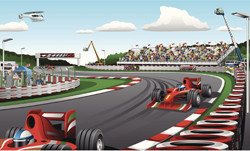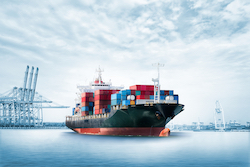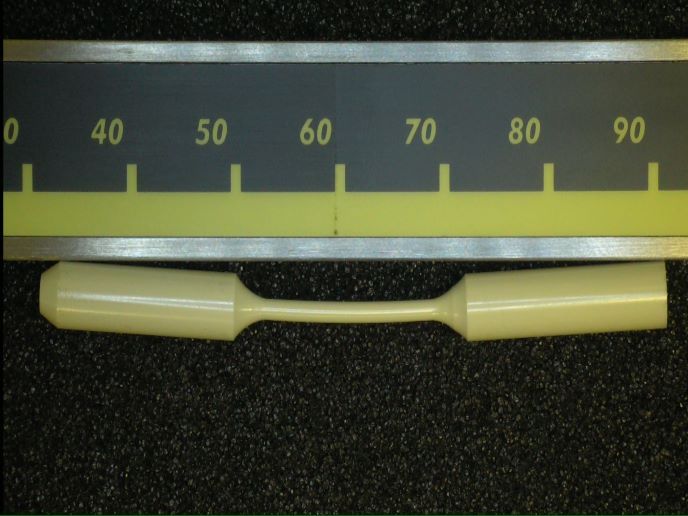Formula One, technological innovation and performance
The Formula One motor racing industry is an environment of intense competition and potentially high returns based on technological innovation. Hence, studying the industry may yield generalisations about other similarly innovation-based industries. With EU funding, the 'Driving innovation. Determinants of performance in the Formula One racing industry' (AJ86RH5GYM) project studied factors determining firms' superior performance in competitive environments. The analysis drew upon 30 years, and in some cases 60 years, of data consisting of regulation changes, firm innovation, inter-firm mobility and impact of alliances. The project was funded under the Seventh Framework Programme's (FP7) Marie-Curie Action scheme, which fosters academic career development. The project ran for two years from July 2012. The study concluded that given moderately changing environments, returns will be optimised through an incremental technological innovation approach. However, given turbulent environments, radical innovation will pay off. Two hypotheses were offered as explanation. When regulations force teams to redesign their car, additional new components may throw a transient product architecture off balance and affect its performance. Alternatively, time- constrained managers may lack the necessary attention and cognitive resources to solve problems caused by adding new components to a balanced product. Project staff developed their knowledge, plus practical and research skills, by attending training sessions and conferences. The work yielded five working papers, two of which were published by top academic journals: Organization Science, and Industrial & Corporate Change. The project team gave a total of 12 conference presentations, plus a further 13 invited seminar presentations. Additionally, a total of six news media articles were published. The research featured around 250 times in international media, and was runner-up for the Marie Skłodowska-Curie Communicating Science Prize 2014. AJ86RH5GYM contributed to managerial policy by illustrating a connection between Formula One and other innovative high-technology industries. The project also contributed to researcher skills' development. Watch the project’s video(opens in new window) here.







